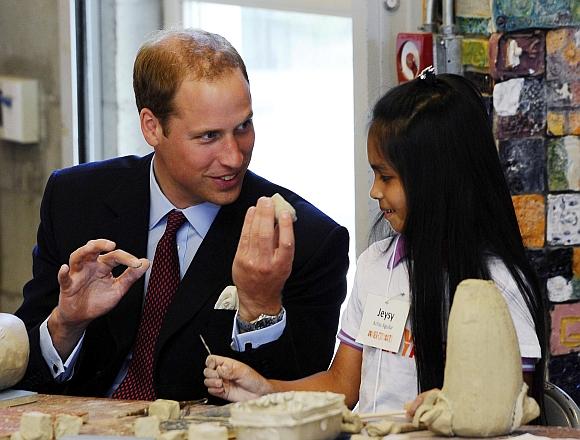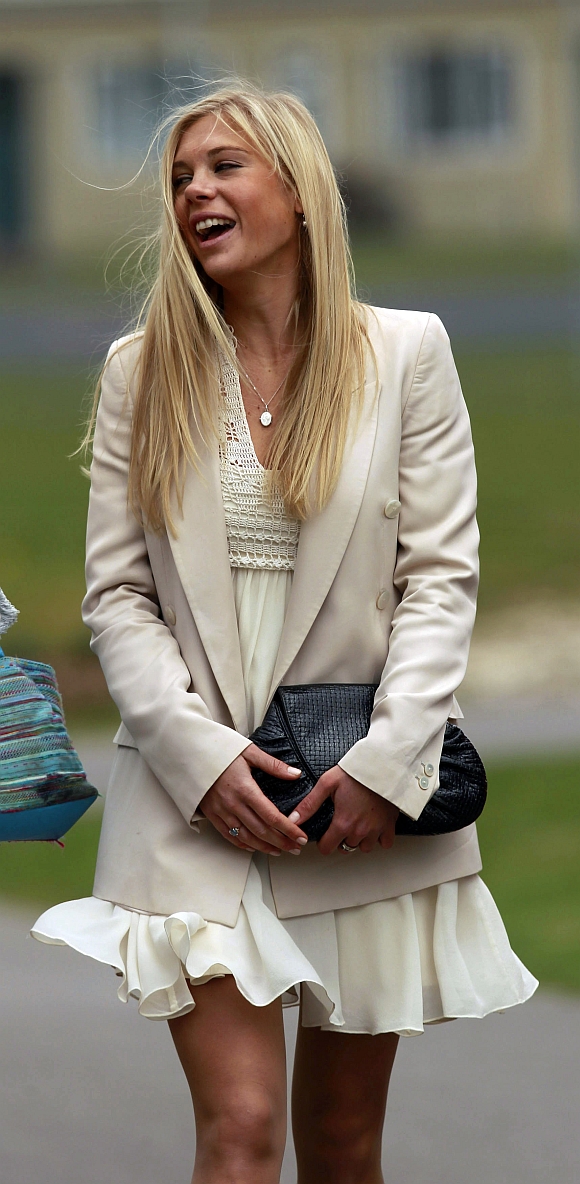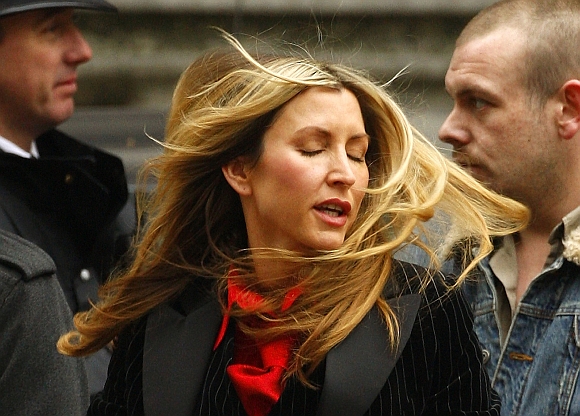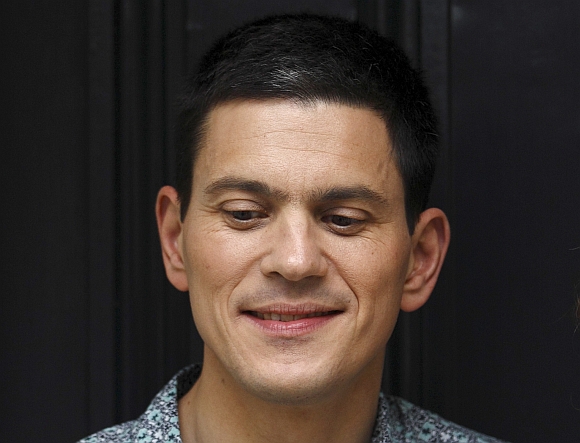 | « Back to article | Print this article |
'News of the World' spied on Prince William, Harry's ex, Jolie!
Rupert Murdoch's News of the World tabloid had ordered the hacking of phones of 100 high-profile people, including Prince William and a host of politicians and celebrities close to the royal family, a private investigator has claimed.
A dossier of evidence obtained from an ex-British policeman hired by NoW shows the now defunct British tabloid was engaged in covert surveillance on a massive scale.
Click NEXT to read further...
'News of the World' spied on Prince William, Harry's ex, Jolie!
Over eight years Derek Webb was paid to follow more than 100 targets, the BBC said.
They included Prince William, Prince Harry's ex-girlfriend Chelsy Davy. Webb was asked to follow Prince William when the prince was spending a number of days in Gloucestershire in 2006.
'News of the World' spied on Prince William, Harry's ex, Jolie!
Others targetted by NoW included Boris Johnson, Angelina Jolie, Simon Cowell, Sir Paul McCartney, Charles Kennedy, David Miliband, Elle MacPherson and Heather Mills. The paper's owner News International said it was not able to comment, the BBC reported.
Webb said he is not ashamed of his actions and that he did nothing illegal.
'News of the World' spied on Prince William, Harry's ex, Jolie!
It comes a day after revelations that the NoW hired Webb to carry out surveillance on two prominent lawyers representing victims of phone hacking. One of the lawyers, Mark Lewis, is to take legal action against News International.
Webb said that shortly after setting up his own private detective agency in 2003 he was contacted by the NoW and offered work.
He continued to work for the newspaper until it was shut down in July after a string of allegations emerged about the hacking of phones, including that of murdered schoolgirl Milly Dowler. "I was working for them extensively on many jobs throughout that time. I never knew when I was going to be required. They phoned me up by the day or by the night... It could be anywhere in the country."
'News of the World' spied on Prince William, Harry's ex, Jolie!
Webb is a former police officer who worked for many years in covert surveillance and received additional training from MI5, United Kingdom's internal counter-intelligence and security agency.
He said he felt the paper should have given him "loyalty money" for his eight years of service when it closed -- as it had done for other freelancers - but it refused.
Webb said that most of the time he received his commissions over the phone, but sometimes he was also e-mailed photographs or address details to assist him in his work. The approaches came from a number of journalists at the paper, he was quoted as saying by the BBC.




